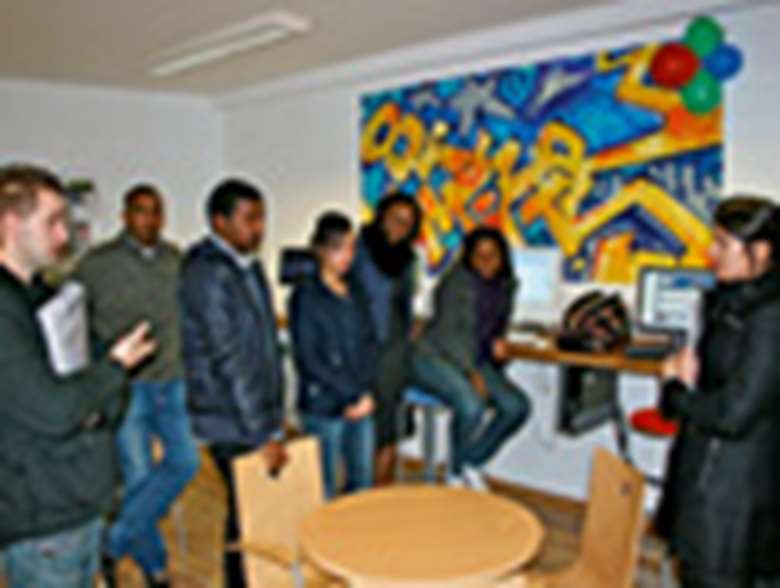Good Practice: Looked-after children in Ealing
Monday, January 24, 2011
Ealing boosts the educational attainment of children in care

Authority Ealing Council
Funding Receives £350,000 through the council's children's services budget and £229,000 from its dedicated schools grant
Purpose To boost the educational achievement of looked-after children and care leavers
Background When the government launched its Quality Protects strategy in 1998, it acted as a spur for Ealing Council. The strategy, designed to address shortcomings in the care system, came with funding and made improving the educational achievement of looked-after children a priority. One of Ealing's first steps was to consult looked-after young people about issues that could get in the way of school and learning, explains Marcella Phelan, assistant director for children and families at the council.
Action Now each child is involved in drawing up a plan setting out their learning and support needs and gets individual teaching, if necessary. Ealing has five dedicated teachers for children in care, including an early years teacher, plus a virtual head teacher.
The Horizons Centre, which is designed to be a "one-stop shop" for looked-after children and care leavers, is at the heart of this work. The centre, which started life in a former children's home, came about after looked-after young people expressed a wish to have their own centre, explains Phelan. "They said they needed access to computers, somewhere to study and extra help to catch up on education they had missed," she says.
The centre is staffed mainly by teachers and youth workers and now has a purpose-built building with state-of-the-art computer and education facilities. It provides after-school study support, holiday programmes, creative activities, and outings, including visits to university open days.
The council has also addressed wider issues including stability of placements, to ensure looked-after children get a good start in life. It has improved the quality of assessments and placement matching, and provided psychological support for young people and foster carers. Health - both physical and mental - was another priority so it provides dedicated nurses for looked-after children.
Children are encouraged to aim high when it comes to education. The authority employs an older care leaver to co-ordinate a team of care leavers, who train as peer mentors to support and guide younger children. "They are great positive role models," says Phelan.
The authority offers a grant of £5,500 a year to young people in higher and further education. They continue to get practical support and there is a very low drop-out rate. "It might take a bit longer to get there but once they get there, they tend to do very well," says Phelan. "For various reasons they might not get the grades they need aged 16 or 17 but with support they can have a second try, re-sit exams, or do other types of qualifications." Celebrating achievement is important, she adds. Ealing stages a formal education celebration event each year, attended by all ages including pre-school children, a summer fun event and a Christmas party.
As well as being represented on the corporate parenting committee, which is chaired by the leader of the council, young people can take part in two children in care councils - one for younger children or the Shoutout Forum for older ones. "We have two because younger and older children have different issues," explains Phelan.
Ealing's approach has been such a success that prominent MPs such as Lisa Nandy have visited the area to see it in action.
Outcome Figures for placement moves have more than halved in recent years. In 2005/06, 14.9 per cent of Ealing's looked-after children moved placement three or more times but that was down to 7.2 per cent in 2009/10.
Generally, school attendance by looked-after children is more than 80 per cent. The authority has one of the highest percentages of care leavers attending university - 18 per cent in 2009/10, compared with a national rate of about six per cent. Ealing has 44 students in higher education with three studying at masters degree level.
The authority's approach is constantly evolving as it is based on listening to young people, whose needs change, says Phelan. "Every young person is different. You can't underestimate the difficulties they've experienced and those difficulties are still with them. But helping them achieve academically and gain confidence and self-esteem, helps them become more resilient and they can go on to do really well."
If you think your project or programme is worthy of inclusion as a case study, email andy.hillier@haymarket.com




